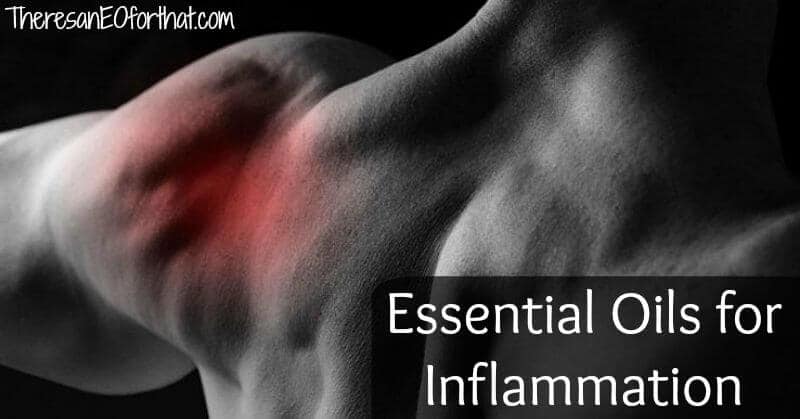
Hippocrates once said “All disease begins in the gut” and his words have never rung truer more than now.
High levels of stress and the constant on-the-move vibe that’s become the norm have driven us to sicknesses that never used to plague the masses.
People didn’t used to have piles of stuff to do or round-the-clock meetings. Food used to be wholesome and untouched by toxic pesticides and other poisons.
I’m not saying life used to be easier (far from it) but what I am saying is there has never been such a time in human history where so many illnesses are so preventable.
Inflammation is no exception.
All Disease Begins with Inflammation as the Root Cause
Is there anyone you know who doesn’t experience inflammation in one way or another?
In case you’re unfamiliar with just how frequent inflammation is, here are a few examples:
• Achy painful joints
• Acne
• ADD or ADHD
• Allergies
• Anxiety
• Any condition that ends with “itis”
• Asthma
• Autoimmune diseases like celiac disease, lupus, psoriasis, Hashimoto’s, or rheumatoid arthritis
• Candida overgrowth
• Chronic fatigue
• Depression
• Digestive issues like IBS, gas, bloating, or diarrhea
• Eczema
• Fibromyalgia
• Food allergies and intolerances
• Headaches
• Hormonal imbalances like PMS or PCOS
• Mood swings
• Rosacea
• Sinus Infections
• Strong sugar cravings
• And many many more
I can hardly think of anyone who doesn’t have some degree of inflammation in their body. In fact, I know quite a lot of people with more than one of the above issues.
It’s sort of an epidemic nowadays, so much so people accept them as normal.
But it isn’t normal. Far from it.
The Relationship between Gut Inflammation and Inflammation in the Rest of the Body
Our small intestine is lined with semi-permeable walls that allow nutrients to pass through while blocking bacteria, fungi, parasites, yeast, and undigested food. The tiny junctions that control what is allowed and what isn’t are the perfect size to keep everything in balance.
When we eat foods that our body is allergic or intolerant to, our histamine response goes into overdrive causing these little gateways to become inflamed.
Just imagine a goalie having to defend a space that doubled or even tripled in size. It would be very difficult for them to keep the other team from scoring.
The same is true for our gut. Inflammation causes the walls of our gut to become more permeable allowing food particles, pathogens, and other toxins to leak into the body. These leaks trigger our body’s immune system to attack these “invaders”.
This leads to food allergies and intolerances and prevents vital nutrients from being digested, absorbed, and assimilated.
This ongoing process causes chronic inflammation in the gut along with an overactive immune system. Over time, this damages the microvilli the line the gut preventing them from doing their job. They essentially become unable to properly process and assimilate enzymes and nutrients, they also become less and less able to keep leaks from happening - two key factors for healthy digestion.
Eventually, the gut is so impaired by these leaks and inflammation in the gut that our bodies respond with more inflammation, allergic reactions, and other symptoms related to a variety of inflammatory diseases.
What Causes Gut Inflammation?
The consumption of inflammatory, highly acidic foods (like bread, dairy, meats, etc.), too much processed sugar, alcohol, eating under stress, or eating food we are allergic to or intolerant to can cause inflammation in the gut.
Chronic stress, intestinal infections like candida and SIBO, parasites, toxins, dehydration, antibiotics, and NSAID medications can also aggravate inflammation.
Steps to Take and The Best Essential Oils for Inflammation
In order to allow essential oils to do their best we must first look into the necessary steps we must take to prepare and heal the gut.
1. Reduce Stress
We must eat meals in a state of rest, relaxation, and reverence. Eating when we are stressed keeps our body from producing enough bile, enzymes, and even the stomach acid needed to properly digest and assimilate our food. Be sure to breathe deeply and clear your mind before meals. The goal is to reach a parasympathetic state.
My favorite essential oils for stress is a roll-on blend of clove (heals digestive problems and relieves fatigue) and lime (relieves anxiety, tension, and nervousness and refreshes the mind).
Add 5 drops of each oil into a roll-on bottle and apply one drop neat right behind the ear and jawbone before eating. Or, you can get the blend already made here.
Another favorite is a blend of lime, cedarwood, vanilla, ocotea, and lavender. All of these oils uplift the spirit, ease stress, and clear the mind.
Add 3 drops of each oil to a roll-on bottle, fill the remaining space with a carrier oil like fractionated coconut oil, sweet almond, or jojoba, and apply to the neck and wrists. Can be used at any time up to 3 times a day. Breathe deeply.
2. Eliminate the Source
It is essential that we eliminate the sources that are causing the inflammation. These could be foods, medicines, alcohol, candida, and SIBO.
You should also eliminate all grains, dairy, sugar, soy, nuts, eggs, and nightshades from your diet for a time to allow your gut to reset and heal itself.
You can then slowly reintroduce these foods one at a time to see what triggers your inflammation.
My favorite essential oils for inflammation are:
• Dill- lowers stress and relaxes the mind
• Frankincense- reduces anxiety, anger, stress, and nervous tension
• Ginger- soothes fatigue and improves circulation
• Grapefruit- relieves nervous exhaustion and stress
• Tarragon- supports heart function and eases irregular palpitations caused by nervousness
• Ylang ylang- soothes the nervous system and balances emotions
Add 2 drops of each oil to a roll-on bottle and fill the rest with carrier oil. Apply around the belly button and area of inflammation up to 3 times a day.
Don't want to make your own? Get the Anti-Inflammatory blend here.
3. Repair the Gut
Once we have eliminated the source of inflammation it’s time to focus on healing the damage. This includes eating nutrient-dense foods like homemade bone broths high in gelatin and collagen, eating fermented foods, and taking supportive supplements.
My favorite essential oils for repairing the gut are:
• Cardamom- treats digestive cramping and control indigestion, heartburn, and gas. Soothes nausea and pain
• Cypress- stimulates sluggish digestion and strengthens capillaries
• Frankincense- repairs and supports digestive disorders
• Helichrysum- regenerates the mucosal lining of the small intestine
You can get these in the Intestinal Mucosa blend here.
4. Control Stress
Stress is notorious for throwing everything else out of balance including or digestive and immune systems. Our adrenal glands are the key to our resilience and tolerance to stress so keeping them healthy is really important.
To do this you must try your best to minimize the stress in your day-to-day life.
Take supporting herbs like holy basil and Rhodiola, take time for yourself daily, and try not to get worked up over things out of your control.
Along with the oils I mentioned above, my favorite oils for stress relief are:
• Cinnamon bark- increases self-love and self-acceptance. Promotes energy
• Galbanum- a very centering and grounding oil. Strengthens the adrenals
• Helichrysum- eases stress and depression
• Manuka- very relaxing for those with a sensitive nervous system, stress, and anxiety
• Rosemary- relieves stress and nervous exhaustion
• Thyme- instills a sense of calm that helps one overcome emotional fatigue
Add 2 drops of each oil to a roll-on bottle and fill the rest will carrier oil. Apply to the lower mid back up to 3 times a day.
Don't want to make your own? Get the Adrenal Balance blend here.
5. Rest Enough
Not getting enough rest makes it harder for our bodies to heal. It is critical for the maintenance and repair our body needs in order to think clearly, respond to stress, and maintain a healthy digestive system and immune system.
One of my favorite essential oil blends for sleep is:
• Copaiba- enhances the other oils in a blend
• Orange- treats insomnia by relaxing the mind and senses
• Patchouli- one of the best oils for insomnia. Soothes nervous exhaustion
• Spikenard- soothes all types of tension, restlessness, and agitation
• Tangerine- sedative and relaxing. Soothes angry emotions before sleep
• Ylang ylang- opens the heart and soothes depression and mental fatigue
Add 2 drops of each oil to a roll-on bottle and fill the rest with carrier oil. Apply to wrists, neck, and the bottoms of the feet before bedtime.
Don't want to make your own? Get the Sleep blend here.
Check out my Essential Oils for Sleep article to find more favorite essential oil roll-on blends.
What have been your favorite essential oils for inflammation?
Can't wait to get started? check out the articles below:
Beginners Guide to Essential Oils- Part 1
The Beginners Guide to Essential Oils- Part 2
How to Use Essential Oils
Where to Start with Essential Oils
Reducing Inflammation, Body Aches and Pains with Essential Oils
Sources:
Anti-inflammatory Activity of Some Essential Oils
Antioxidant, analgesic and anti-inflammatory effects of lavender essential oil.
Essential Oils and Their Major Compounds in the Treatment of Chronic Inflammation: A Review of Antioxidant Potential in Preclinical Studies and Molecular Mechanisms
Peana, Alessandra Tiziana, et al. "Anti-inflammatory activity of linalool and linalyl acetate constituents of essential oils." Phytomedicine 9.8 (2002): 721-726.
Silva, Jeane, et al. "Analgesic and anti-inflammatory effects of essential oils of Eucalyptus." Journal of ethnopharmacology 89.2-3 (2003): 277-283.

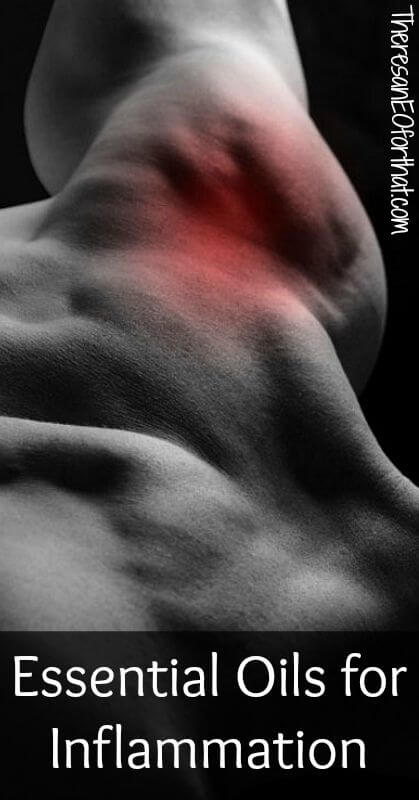
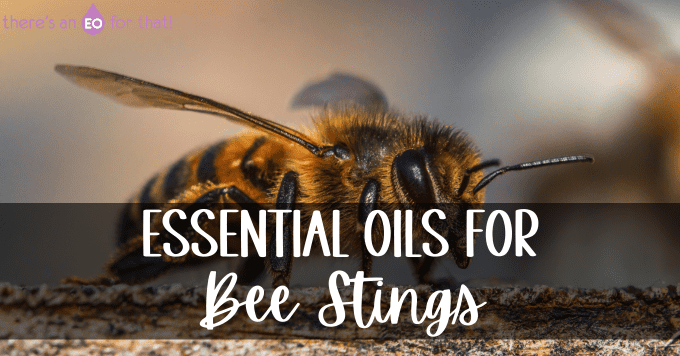
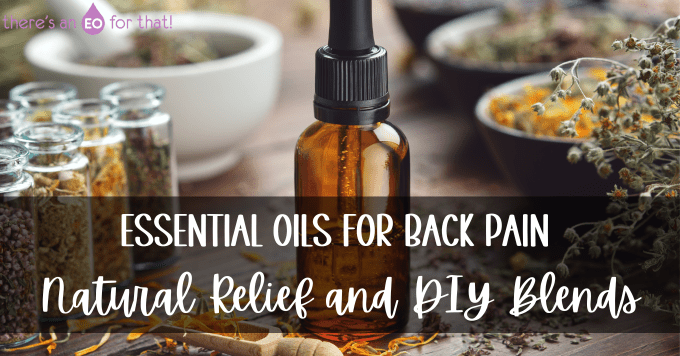
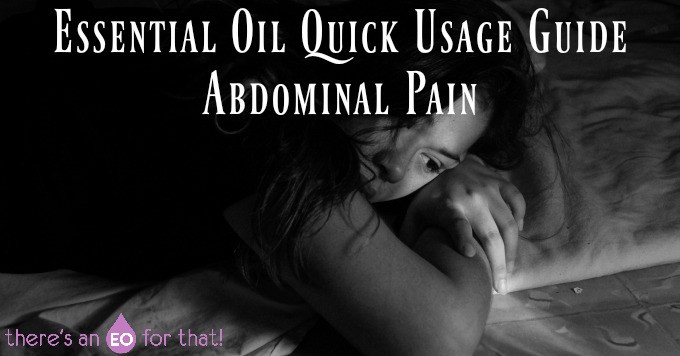

Kerri says
What if your inflammation is from a disease like rheumatoid arthritis or ankylosing spondilitis?
Would you recommend anything different?
Thank you
Tash says
Essential oils can definitely help support the body's natural inflammation response 🙂 Paired with eating non-inflammatory foods, you should definitely see an improvement! Keep in mind that some essential oils can interact with medications so I recommend looking into that first to make sure you aren't inhibiting their effectiveness.